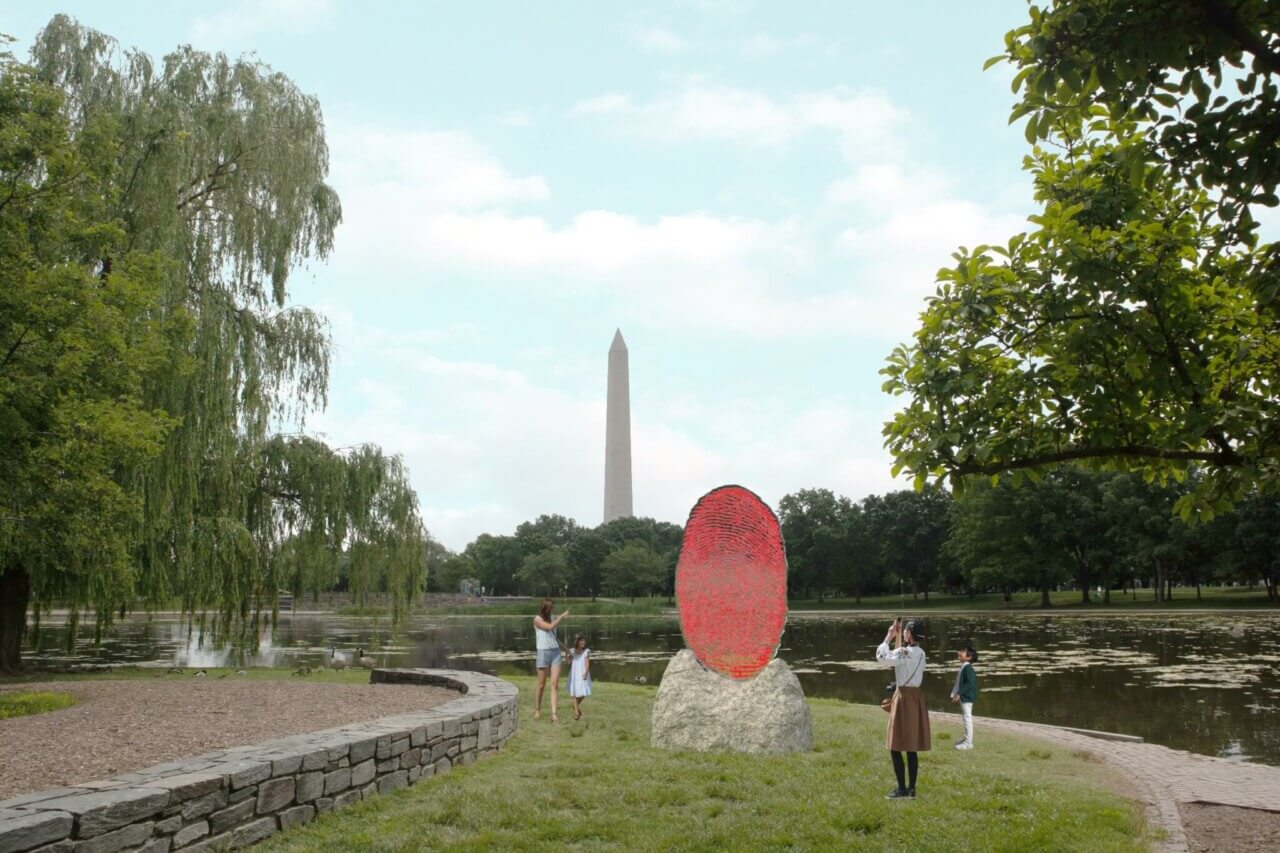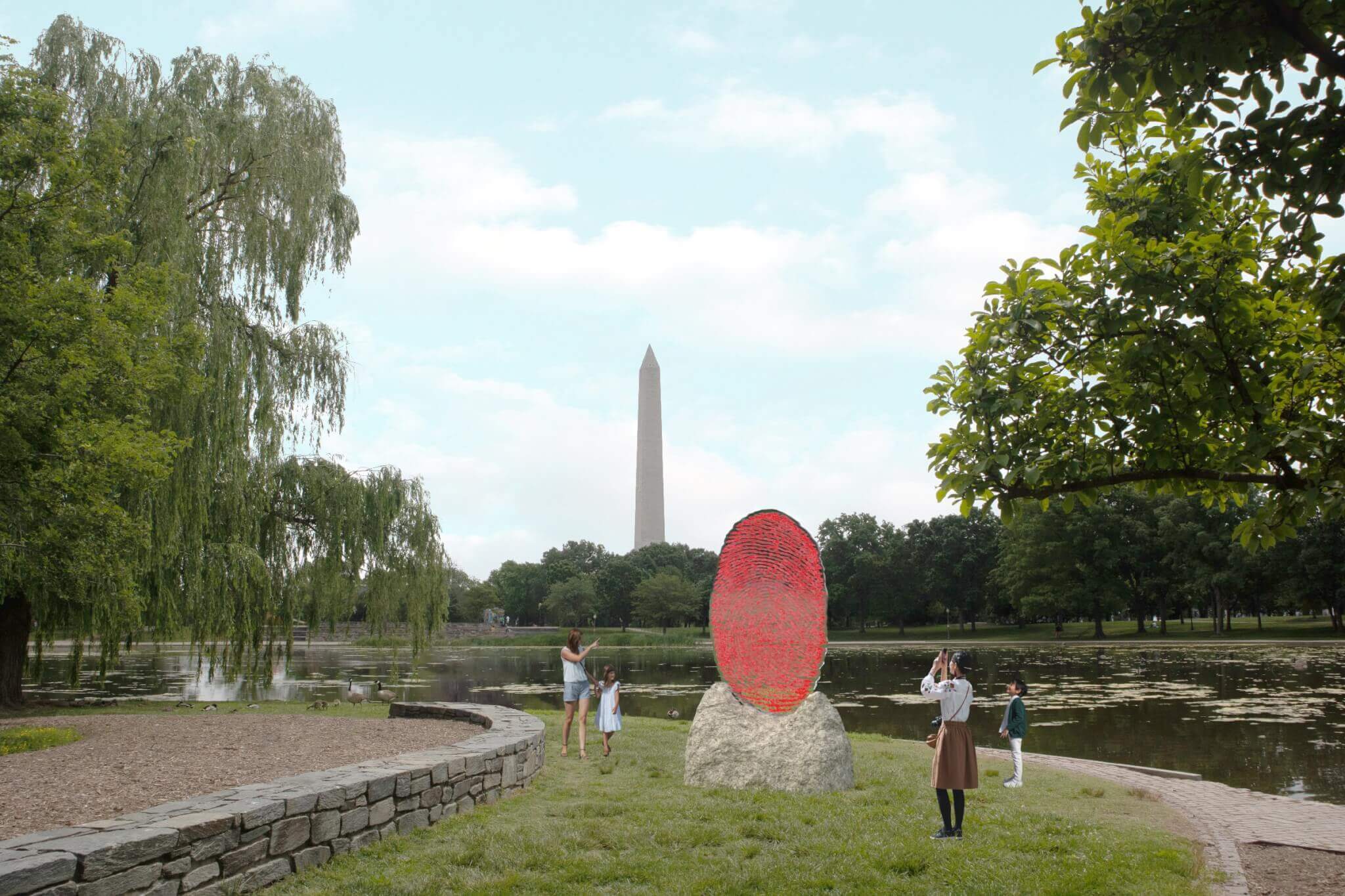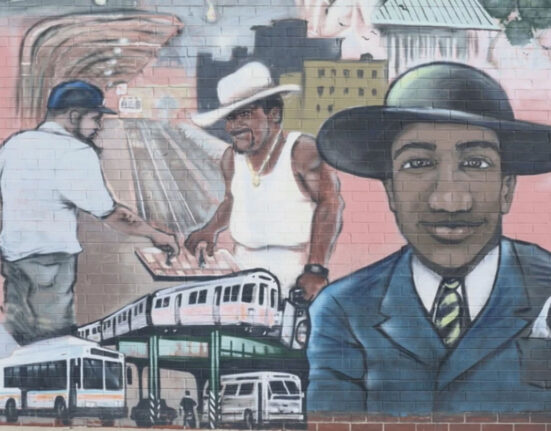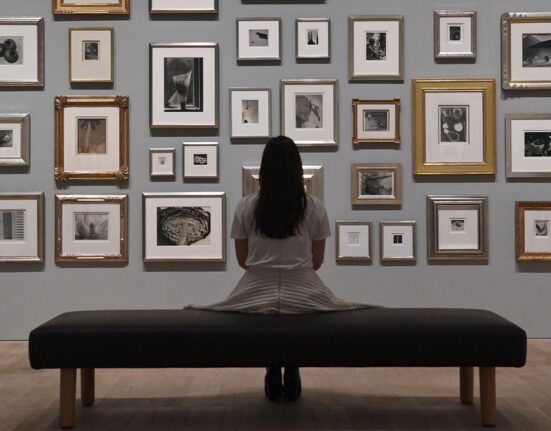
Among the projects already receiving funding is The Soil You See by Wendy Red Star part of Beyond Granite(Courtesy Monument Lab)
Three years since its debut, the Monuments Project has funded 80 projects and spent more than $170 million of its initial $250 million investment to bring art and culture to communities across the country. The Andrew W. Mellon Foundation, the arts and humanities philanthropic organization funding the project, announced it will double its initial commitment for a total $500 million pledge over the next five years, marking the foundation’s largest commitment in its history.
The Monuments Project originally launched in the wake of the historic Black Lives Matter Movement and the murder of George Floyd, to bring forth the critical need of reexamining public spaces and their contribution to systemic racism. The project’s inaugural initiative, the National Monument Audit from the Mellon-funded Monument Lab, audited 50,000 national monuments to better understand what stories public spaces are telling. The 2021 study found that most of the top-represented individuals in monuments were slave owners, and more mermaids are memorialized than U.S. Congresswomen.
The findings confirmed a disproportionate representation in public spaces, guiding Monuments Project’s efforts to populate the nation’s commemorative landscape in a way that better represents the diverse stories of those who have been denied historical recognition. “We stand at the beginning of this significant collective effort to make sure that our public spaces convey the truth about our history and shift who has the power to shape our present and our future,” Elizabeth Alexander, president of the Mellon Foundation, said in a statement.
The project’s initiatives fund the reframing or relocation of problematic monuments and memorials with ties to violence and oppression–including historic figures like Christopher Columbus and figures of the failed American Confederacy–as well as new projects that showcase and promote diverse histories. Per The Mellon Foundation, the continued urgency of the project comes with the increase in book banning and the criminalization of knowledge across the country.
Some of the Mellon-backed completed projects include the Emmett Till and Mamie Till-Mobley National Monument, a multi-site National Park Service site in Summer, MS and Chicago memorializing the 1955 brutal lynching of the 14-year-old Emmett Till; The Harriet Tubman and Underground Railroad Monument in Newark, New Jersey, honoring the abolitionist and social activist; Beyond Granite six-part exhibition on National Mall in Washington D.C., and the Washington National Cathedral’s Now and Forever Windows that replaced the windows depicting confederate leaders to transformative racial justice–themed stained-glass windows in Washington, D.C. Other projects include augmented reality projects in Brooklyn and Los Angeles; public memory projects in Richmond, Virginia; and other initiatives in California, Tennessee, New York, Kansas, Arkansas, and Washington, D.C.
“The project of transforming our commemorative landscape is the work of more than one generation,” Alexander added. Mellon’s expanded investment secures more projects for the years to come.







